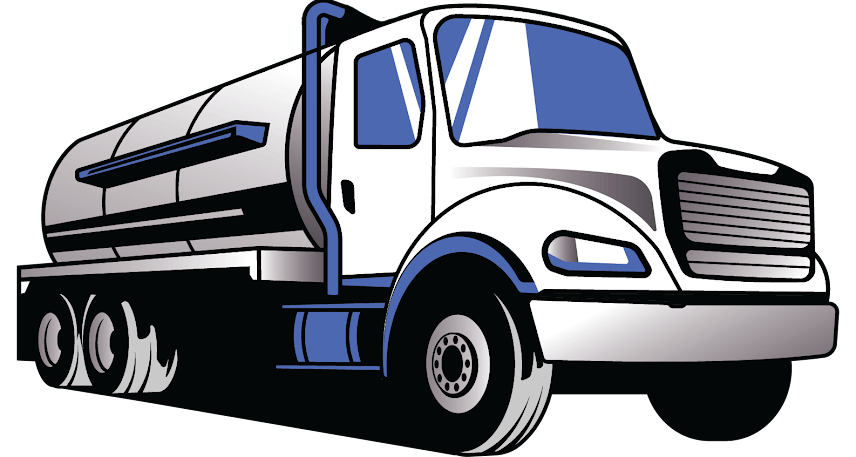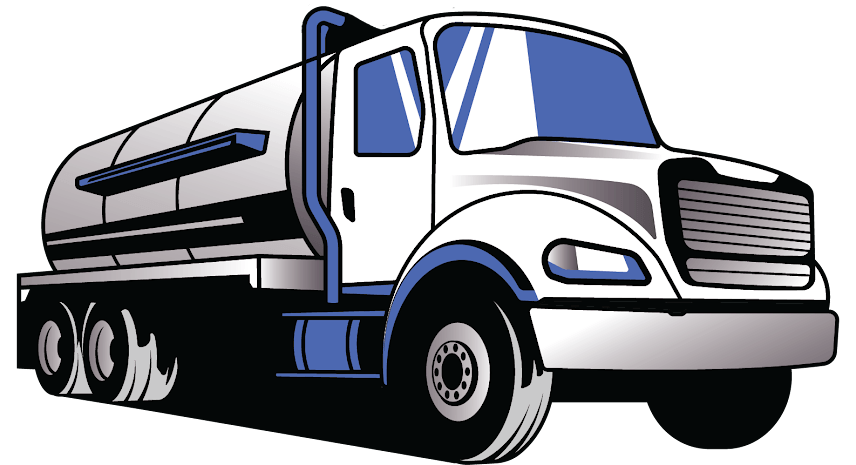Drain Field FAQs: Common Homeowner Questions Answered
Your drain field is one of the most critical components of your septic system, yet it’s often misunderstood. Issues with the drain field can lead to serious problems, from sewage backups to costly repairs. At First Call Septic Services Inc., we understand the importance of keeping Miami-Dade and Broward homeowners informed about their septic systems.
Here are answers to some of the most common questions homeowners ask about drain fields.
1. What Is a Drain Field, and How Does It Work?
A drain field, also known as a leach field, is a network of perforated pipes buried underground. It disperses the liquid wastewater (effluent) from the septic tank into the surrounding soil, where it undergoes natural filtration.
How it works:
- Wastewater from the septic tank flows into the pipes.
- The effluent seeps through small holes in the pipes and into the soil.
- The soil filters harmful bacteria and nutrients before the water reaches the groundwater.
When functioning properly, a drain field helps protect your property and the environment.
2. What Are the Signs of a Failing Drain Field?
Recognizing the early signs of drain field issues can save you from costly repairs. Look out for:
- Standing water or soggy soil above the drain field.
- Foul odors near your septic system or yard.
- Slow drainage in sinks, toilets, or tubs.
- Sewage backups in your home.
If you notice any of these symptoms, contact a professional immediately to assess and address the problem.
3. How Long Does a Drain Field Last?
The lifespan of a drain field depends on several factors, including:
- Usage: Homes with higher water usage may experience faster wear and tear.
- Maintenance: Regular septic tank pump-outs and avoiding overloading the system can extend its life.
- Soil Conditions: Well-drained soil promotes better filtration and longer-lasting performance.
On average, a properly maintained drain field can last 20-30 years.
4. Can I Prevent Drain Field Problems?
Yes! Regular maintenance and responsible use of your septic system can prevent most drain field issues. Here’s how:
- Schedule Regular Pump-Outs: Avoid overloading your drain field by keeping your septic tank clear of excess solids.
- Limit Water Usage: Spread out laundry loads and avoid heavy water usage in short periods.
- Avoid Planting Trees Nearby: Roots can infiltrate and damage drain field pipes.
- Keep Vehicles Off the Area: Heavy weight can compact the soil and damage the pipes.
5. What Happens if My Drain Field Fails?
A failing drain field can lead to:
- Sewage backups into your home.
- Contamination of soil and groundwater.
- Costly repairs or even replacement of the entire system.
If your drain field fails, professional repair or replacement is essential. At First Call Septic Services Inc., we provide expert solutions to restore your system.
How First Call Septic Services Inc. Can Help
With years of experience serving Miami-Dade and Broward counties, First Call Septic Services Inc. is your trusted partner for drain field maintenance and repair. We offer:
- Comprehensive inspections to identify issues early.
- Effective repairs to restore your drain field’s functionality.
- Preventative tips to help extend its lifespan.
-
Contact Us for Your Drain Field Needs
Have questions about your drain field? Need an inspection or repair? Call First Call Septic Services Inc. at (305) 842-3216 (English) or (305) 590-5974 (Español).
Your drain field is vital—let us help you keep it in top condition. Contact us today!











